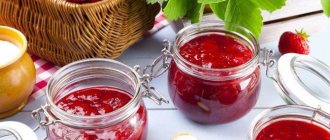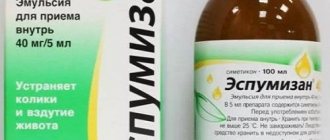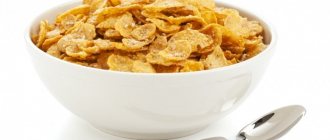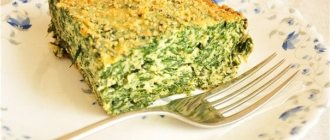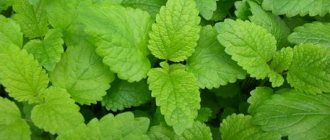Useful material
As it turns out, modern cooking, dietetics and medicine in general endow these red fruits with a huge number of beneficial properties. In their opinion, this is not only a tasty product, but also a powerful tool in the prevention and fight against certain ailments. For example:
- They are useful for those who have problems with the cardiovascular system, as well as for anemia. They are able to reduce blood pressure and the level of “bad” cholesterol in the blood, making them especially useful for people suffering from atherosclerosis. In addition, a number of studies prove that consuming fresh fruits, or rather tomato extract (juice or paste), helps prevent unwanted clumping of platelets in the blood, which, in turn, prevents heart attacks.
- Tomatoes are very rich in antioxidants . They are the only ones among the entire vegetable range that have an increased content of lycopene. It is believed that the redder the tomato, the more of this component it contains. Lycopene is a powerful antioxidant that has an immunostimulating effect, as well as an antitumor effect and helps slow down the aging process of the body. Recent studies show a connection between the amount of lycopene in the body and bone integrity. Accordingly, consumption of the fruit is recommended for those who have increased bone fragility, women during menopause, or for the prevention and treatment of osteoporosis. This antioxidant is found in fresh tomatoes, but it is especially abundant in tomatoes that have undergone heat treatment. Since the effect of temperature helps the component to be released and better absorbed by the body.

- Again, thanks to lycopene, the risk of developing cancer is reduced. Scientists have come to the unequivocal conclusion that tomatoes are a very effective means of preventing the formation of cancer: uterus, bladder, stomach, prostate, breast. In addition, it is worth noting that they are not only a preventative agent, but also help kill existing cancer cells. This happens not only due to the fact that the fruits have antioxidant and anti-inflammatory effects, but also due to the content of the oncoprotective component alpha-tomatine, which, accordingly, help the body prevent the development of this serious illness.
- This product is indicated for use to reduce the risk of neurological diseases, including Alzheimer's disease.

It is very popular in nutrition: if you want to lose a few kilograms or simply cleanse your body, then include tomatoes in your daily diet.
Chemical composition
- Glutathione is another antioxidant found in these fruits; it helps neutralize the effects of free radicals and thereby improve the condition of the body.
- It is rich in microelements such as potassium and calcium . Accordingly, it helps in the maintenance and functioning of the nervous system, heart and muscles. And the content of a large amount of riboflavin helps to cope with migraine attacks. In addition, due to the sufficient amount of fluid in these fruits, they are recommended for restoring normal fluid balance in the body when dehydrated.
- Vitamin A and C are also found in large quantities in tomatoes. Everyone knows the beneficial effect that vitamin A has on vision, as well as on the condition of the skin. Vitamin C not only helps strengthen the immune system and resist viral attacks, but is also responsible for fighting free radicals that have accumulated in the body. Accordingly, regular consumption of tomatoes will have a beneficial effect on the condition of the skin.
Natural tomato juice has a beneficial effect on salt metabolism in the body and normalizes the process of breastfeeding.
- Yellow tomatoes contain a huge amount of vitamin B , which has a beneficial effect on the nervous system, normalizes hormonal levels and metabolism. It is yellow tomatoes that are recommended for consumption by young mothers who are allergic to red foods.
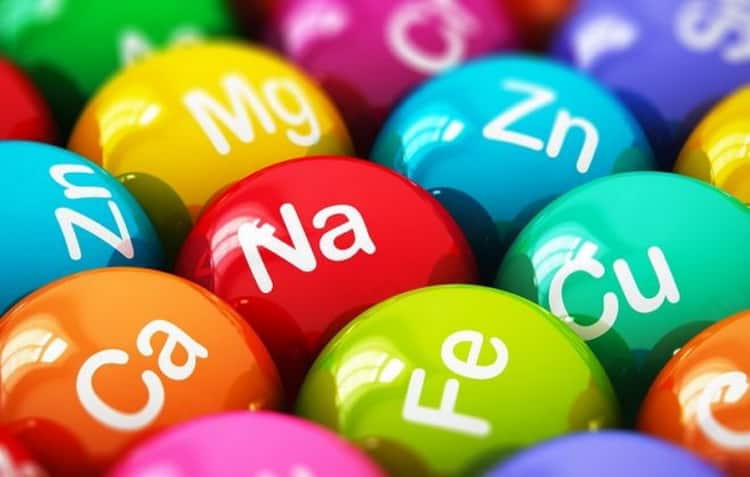
The benefits of tomatoes
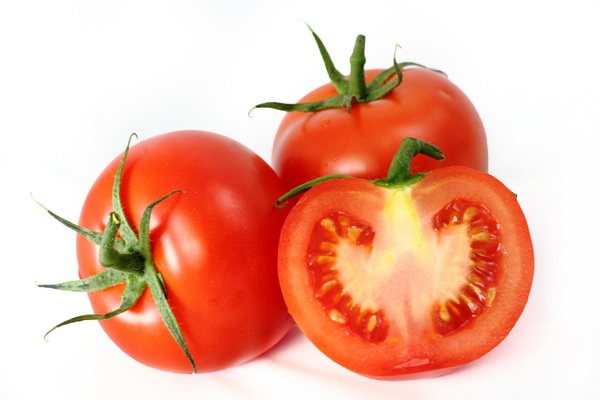
Nutritional value of tomatoes:
| Substance name | Content per 100 g | Calories |
| Squirrels | 0.9 g | 13% |
| Carbohydrates. Of which: sugar | 3.9 g2.6 g | 78% |
| Fats. Of them: | 0.2 g | 9% |
| saturatedmonounsaturatedpolyunsaturated | 0.047 g0.052 g0.14 g | |
| Cellulose | 1.2 g |
Calorie content – 18 kcal per 100 g.
You need to eat tomatoes while breastfeeding. They are of great benefit to the body of mother and child:
- Fresh tomatoes are a source of potassium, vitamins A, C, E, and group B.
- Tomatoes contain tryptophan, an amino acid that is converted into serotonin in the body. This substance is called the “hormone of joy.” It improves the functioning of the nervous system.
- Thanks to phytoncides, the vegetable has an antibacterial and anti-inflammatory effect.
- Choline increases hemoglobin levels in the blood.
- Purines improve kidney function and have a diuretic effect.
- Lycopene, which gives tomatoes their red color, is an antioxidant. Carotenoid pigment prevents the development of cervical cancer, protects DNA and prevents early aging.
- Tomatoes normalize metabolism and weight, stimulate the “lazy” intestines. Therefore, eating them after childbirth is beneficial.
- Tomato juice enhances lactation and maintains water-salt balance.
Is it possible for nursing mothers to eat tomatoes - of course. And they are included in the list of prohibited foods because mothers do not follow the rules.
Dangers of eating fresh tomatoes while breastfeeding
Most often, upon discharge from the maternity hospital, a young mother is given a list of products that are not recommended for use during breastfeeding. If they don’t give it away, then at least the pediatrician definitely talks about it. So, one of the products that is not recommended to eat is tomato. And that's why:
- They are a common cause of allergies not only in the mother, but also in the baby. Most often this applies to red tomatoes, since they contain a large amount of lycopene, which is difficult for the body to absorb.
- Fresh fruits increase gas production, which can result in colic in the baby.
- If you suffer from ulcers, pancreatitis, gastritis, cholelithiasis, and kidney disease, this product is prohibited for you.
- Since tomatoes can increase acidity, they can cause heartburn in a young mother and irritation of the gastric mucosa in a baby.

In what form is it better to eat tomatoes?
As you know, tomatoes are a fairly popular vegetable in our region, which is eaten not only fresh during its ripening season, but also used for various preparations for the winter. These can be pickled, salted, or pickled, as well as tomatoes as part of various vegetable salads.
Like any permitted vegetables during breastfeeding, tomatoes are best consumed fresh. However, they must be selected especially carefully. The incredibly bright red tomatoes in the depths of winter that litter the vegetable shelves of our supermarkets should raise doubts. Such vegetables can be grown using the film method and contain a lot of nitrates. As for imported tomatoes, during transportation they can be treated with various chemicals for better preservation. The best option in this case would be tomatoes from your own garden, grown without GMOs and ripened in natural conditions.
Additionally > When menstruation begins after childbirth and their effect on breastfeeding
You should also avoid tomatoes when purchasing:
- with a peel that is too hard, resembling plastic;
- with a pale color;
- which in the section contain multiple veins and areas that are unevenly colored with light areas;
- rotten tomatoes.
Such vegetables can contain large amounts of nitrates, so they are unsuitable not only for fresh consumption, but also for stewing or canning.
Nursing mothers who have had cases of allergic reactions to red tomatoes can try yellow varieties, which are considered hypoallergenic. In terms of the number of useful components, they are not inferior to red ones, they are lower in calories, and contain more vitamin C and lycopene. In addition, they are characterized by excellent taste.
Pickled tomatoes should be completely excluded from the diet . Neither the mother nor her baby will get anything useful from this product, but the vinegar it contains can negatively affect the taste of breast milk. Salted tomatoes, on the contrary, can be freely present in the diet during breastfeeding, only in reasonable quantities.
Thus, nursing mothers who do not suffer from allergic reactions should not completely exclude tomatoes from their diet. It is recommended to give them up only in the first three months of a child’s life, and then gradually and carefully you can introduce them into your diet. All the beneficial substances of tomatoes will best help the mother restore lost strength after pregnancy and childbirth.
Rate this article
Loading…
- Related Posts
- Compatible antibiotics with breastfeeding
- When do periods begin after childbirth and their effect on breastfeeding?
- Is it possible and how to take paracetamol during breastfeeding?
Rules for eating tomatoes while breastfeeding
These fruits are truly a huge storehouse of useful vitamins and microelements. Therefore, it is absolutely not advisable to exclude them from the diet of a young mother, especially during breastfeeding.
However, to avoid unpleasant consequences in the form of an allergic reaction or colic, you should adhere to several rules:
- You should start using them when your child reaches 2-3 months of age. By this time, his immunity and gastrointestinal tract will be stronger and the risk of any reaction will decrease.
- To start, try eating half a tomato in the morning. If during the day you do not see any reaction to the product, then it can be introduced into your diet, gradually increasing the dose. Maximum per day you can eat 2-3 pieces or drink 1 glass of juice. Otherwise, if you notice bloating or a rash in your child, you should stop using this product. You can resume attempts after 2 months.
When breastfeeding, it is advisable to consume the vegetable fresh or stewed. Fried tomatoes in an omelet or scrambled eggs lose their beneficial properties, and pickled ones are contraindicated for consumption during breastfeeding, since vinegar was used for their preparation. If you really want something sour, it’s better to eat some pickled or lightly salted ones.
- Especially at first, it is better to eat tomatoes not in their pure form, but to prepare salads with its addition or serve as an additive to the main dish.
- Fat helps the body absorb lycopene and other beneficial microelements. Therefore, when preparing or just before serving, pour vegetable oil over the crushed product, and if you prepared a salad, season it with sour cream. In addition, a sandwich with butter and tomato would be an excellent snack.
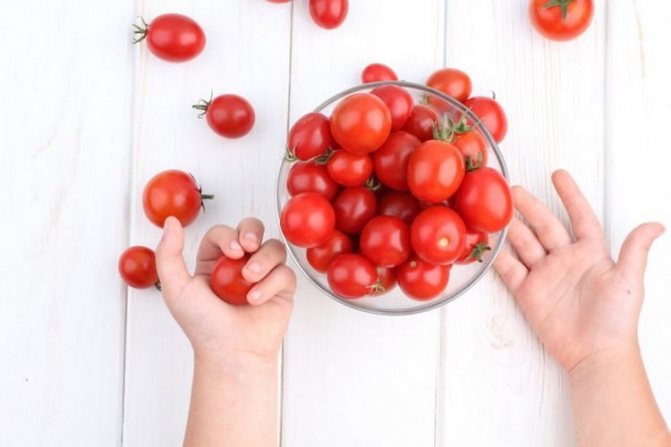
What juices are good for a nursing mother?
The diet of a woman who is breastfeeding is compiled according to one principle - not to harm the baby. The same principle is followed when choosing juices to drink. Most doctors insist on drinking only tea, but they do not express categorical contraindications regarding fruit drinks. Balancing your diet means getting vitamins, minerals and other beneficial elements into a woman’s body.
Let's consider what type of juice a woman can drink during breastfeeding. Obviously, in the first weeks, when the baby’s digestion goes through the developmental stage and gradually gets used to new types of food, you need to be very careful when choosing a drink. Drinks made from fruits are undesirable at this time, because it is difficult to predict the reaction of the baby’s body to various fruits.
When starting to introduce juice into the diet, a woman should carefully monitor the child’s reaction to the fruit she has chosen. If your baby responds to a new product with redness of the skin, rashes, and itching, stop using it for several weeks.
Perhaps, having become stronger, the baby’s digestive system will accept it. Administer in small doses to quickly see how the body reacts. You should not drink industrial juices while breastfeeding. The composition of such products contains dangerous preservatives and additives. If you really want, you can make the drink yourself. Turning to the recommendations of experts, we see that many of them unanimously support birch sap, do not give a firm “no” to apple juice, but warn about the insidiousness of tomatoes.
INTERESTING: Is it possible to drink carrot juice while breastfeeding?
How to choose the right one
A very important point is the choice of a quality product. It is not recommended to buy tomatoes out of season, for example in winter or early spring. Since it is tomatoes containing nitrates that most often cause allergies in young children. To ensure the quality of the product, you can perform several small manipulations:
- Right in the store or market where you plan to make a purchase, you should press the fruit with your finger. If a dent appears, but the skin remains intact, this indicates the presence of harmful substances inside.
- Pay attention to those that are cut by the sellers themselves; if you see that the flesh has a light pink color and white veins, then it is also better not to buy it.
- You can check the seller at home, then you can avoid buying goods from him next time. To do this, you should throw a tomato low above the table: if it hits, but its peel remains intact, then in this case the amount of nitrates exceeds the permissible limit.
- Do not buy unripe, overripe, rotten or thick-skinned fruits. Ideally, a tomato should be small in size, have a uniform, rich color and thin skin. If the baby’s birth period falls in late autumn or winter, then it is better to prepare in advance and freeze a small amount of vegetables.
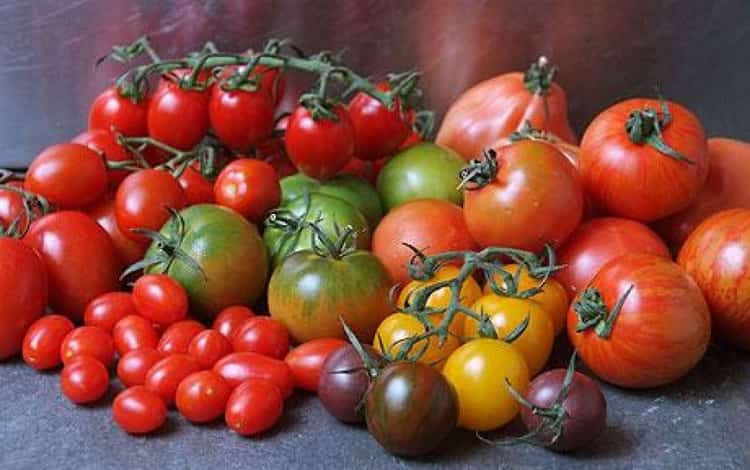
Recommendations for their selection remain the same. After purchasing, wash them in running water and dry. Place them in a convenient container or on a plate and place them in the freezer for several hours. After this, pack each one in a separate sealed bag and leave it in the freezer until ready to use. It is worth noting that refrozen tomatoes do not contain beneficial vitamins.
When can a nursing mother eat tomatoes?
Is it possible to eat tomatoes while breastfeeding and when is the best time to start doing so? Doctors advise not to rush to use the product after delivery and 1-2 months later. The optimal age for a baby at which eating tomatoes will not harm the health of the mother and baby during breastfeeding is 3-4 months.
It is important to start eating tomatoes gradually. On the first day, it is not advisable to eat more than one slice, and after eating, record the baby’s reaction. If his digestion remains the same and no symptoms of allergies or bloating appear, the portion of the vegetable can be increased the next day. So, the answer to the question whether a nursing mother can eat tomatoes is yes. But in what quantity is it allowed to consume your favorite product? The daily dose cannot be more than three fruits, which in terms of freshly squeezed juice is one glass.
Need to know! Supermarkets and markets sell a variety of varieties of tomatoes, ranging from yellow to pink, bright red and brown. Can nursing mothers eat red tomatoes? If the baby has a calm allergic history, this is allowed, but it is better to start with yellow vegetables; they rarely provoke a skin rash and intestinal disorders.
Video
I suggest you take a little time and watch an interesting video that describes the benefits and harms of such a product as a tomato.
Do you remember that time when you doubted whether you could eat a banana or enjoy some seeds? Today, you probably already know with peace of mind what you can pamper yourself with and how to diversify your diet while breastfeeding. After our conversation today, you can try adding another product to your diet - tomato.
We are confident that if you follow all the listed rules, neither you nor your baby will have a reaction to this product. Share with us in the comments on the site, have you tried tomato or tomato juice, what was your baby’s reaction to the innovation?

